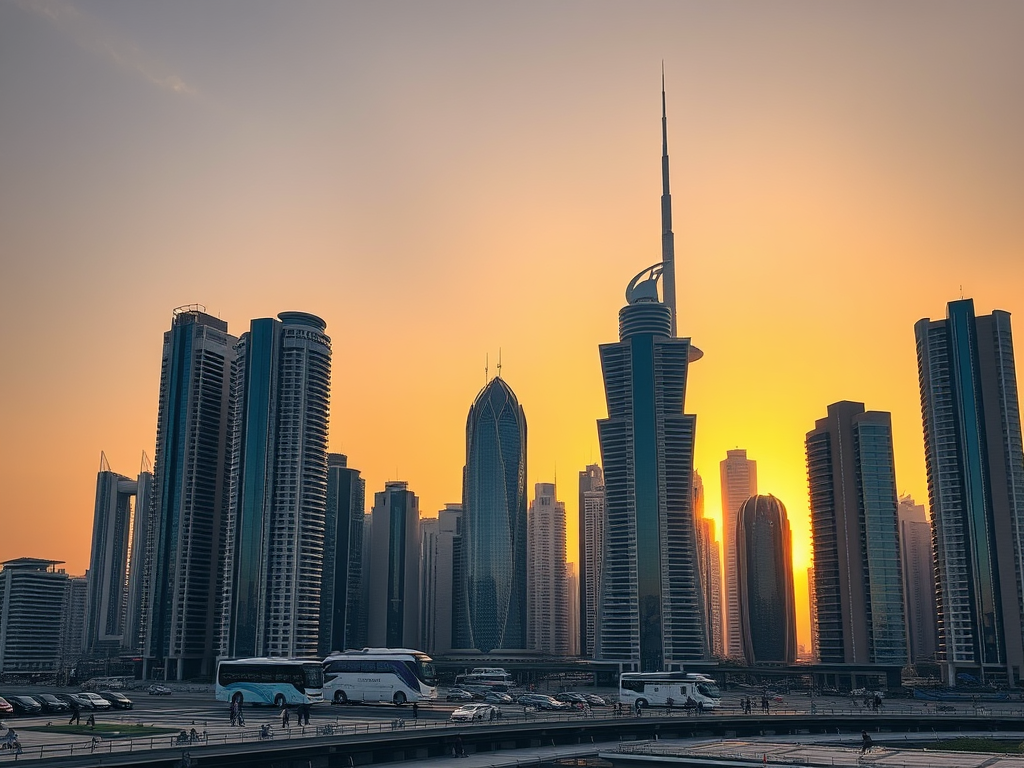Navigating Dubai’s business regulatory environment can be a complex yet rewarding endeavor for entrepreneurs and businesses alike. With its booming economy and strategic location, Dubai attracts numerous investors from around the globe. However, understanding the myriad of regulations, legal requirements, and cultural nuances is essential for ensuring compliance and success. This article provides a comprehensive overview of how to effectively navigate the regulatory landscape in Dubai, offering insights into licensing, taxation, and other key factors that influence business operations.
Understanding Business Licensing Requirements

The first step in establishing a business in Dubai is obtaining the necessary licenses. The type of business activity you wish to undertake will determine the specific licenses required. In general, businesses fall into three primary categories, each with its distinct licensing regulations:
- Commercial License: Required for trading businesses and retail activities.
- Professional License: Necessary for service-based industries, such as consulting and healthcare.
- Industrial License: Needed for manufacturing and industrial enterprises.
To apply for a business license, you will typically need to submit a business plan, register a trade name, and acquire approvals from relevant governmental bodies. It is advisable to engage a local business consultant who is well-versed in Dubai’s regulations to facilitate this process. Understanding what documentation is required upfront can save time and reduce the potential for delays.
Taxation and Financial Compliance

One of Dubai’s attractions for foreign investors is its favorable tax regime. The Emirate offers a tax-free environment for most businesses, although there are specific regulations providers must adhere to, particularly in certain sectors such as oil, gas, and banking. Here are some important points to consider regarding taxation:
- No Corporate Tax: Generally, there is no corporate tax for most businesses, apart from oil companies and foreign banks.
- VAT Implementation: The Value Added Tax (VAT) is set at 5% and applies to goods and services, so businesses must register for VAT if their taxable supplies exceed a certain threshold.
- Import Duties: Duties apply to certain imported goods, necessitating an understanding of the rates applicable to your products.
Moreover, businesses are expected to maintain accurate financial records and submit annual financial statements. Adhering to international accounting standards can help streamline the process and ensure compliance with local regulations.
Key Regulatory Bodies to Consider
Various regulatory bodies oversee the business environment in Dubai. It is crucial to understand which organizations govern your specific industry or activity. Some of the prominent authorities include:
- Department of Economic Development (DED): Oversees economic regulation and business licensing.
- Dubai Chamber of Commerce and Industry: Provides support for local businesses and focuses on economic diversification.
- Dubai Financial Services Authority (DFSA): Regulates financial services in the Dubai International Financial Centre.
Choosing the right free zone can simplify regulatory processes, as each zone has its regulatory authority. Setting up your business in a free zone offers benefits such as 100% ownership and easy repatriation of profits, but it may restrict your ability to operate directly within the local market.
Cultural Sensitivity and Best Practices
When navigating the business regulatory landscape in Dubai, understanding the cultural context is essential. Dubai is a melting pot of cultures, with local customs and practices influencing business interactions. Here are some best practices to consider:
- Building Relationships: Networking plays a crucial role in business. Engage with local leaders and attend events.
- Respect for Traditions: Demonstrate respect for local customs and practices, especially during significant periods like Ramadan.
- Clear Communication: Be clear and precise in your business dealings to avoid misunderstandings.
Understanding and adhering to these cultural nuances can significantly enhance your business relationships and improve your chances of long-term success in Dubai.
Conclusion
Navigating the business regulatory environment in Dubai requires diligence, cultural sensitivity, and awareness of local laws and regulations. By understanding licensing requirements, taxation, key regulatory bodies, and cultural practices, you can position your business for success in this dynamic market. Engaging local experts and maintaining compliance will ensure a smoother journey through the complex regulatory landscape, allowing you to capitalize on the opportunities that Dubai has to offer.
Frequently Asked Questions
1. What types of business licenses are available in Dubai?
Dubai offers three main types of business licenses: Commercial Licenses for trading, Professional Licenses for service-oriented businesses, and Industrial Licenses for manufacturing enterprises.
2. Is there corporate tax for businesses in Dubai?
Most businesses in Dubai are exempt from corporate tax, with exceptions for oil companies and certain foreign banks that may be subject to specific tax regulations.
3. Do I need to register for VAT in Dubai?
If your taxable supplies exceed a certain threshold, you are required to register for VAT and charge it at a rate of 5% on applicable goods and services.
4. What are the benefits of setting up in a free zone?
Free zones in Dubai offer advantages such as 100% foreign ownership, zero import or export duties, and simplified regulatory procedures.
5. How important is cultural sensitivity in Dubai’s business environment?
Cultural sensitivity is crucial in Dubai’s diverse business landscape, as it helps build strong relationships and fosters effective communication with local partners and clients.




